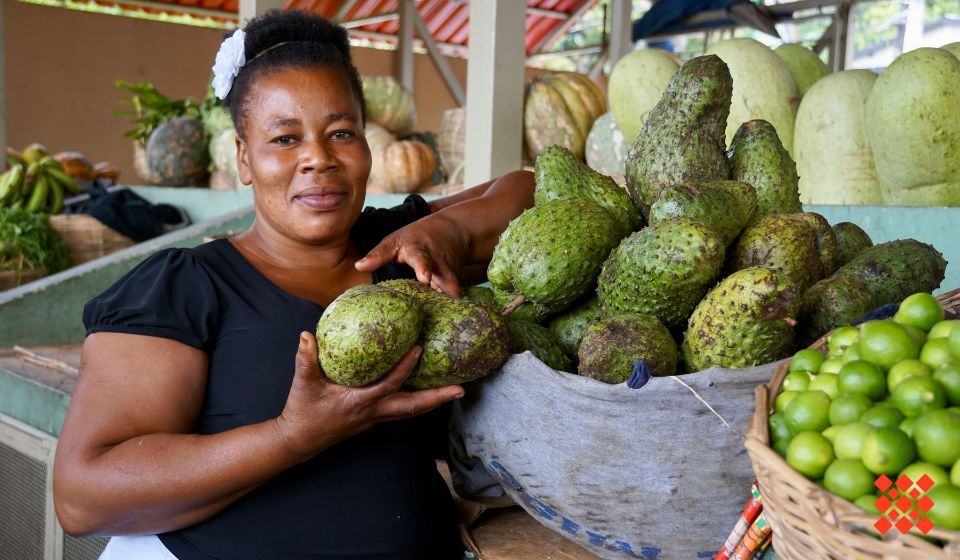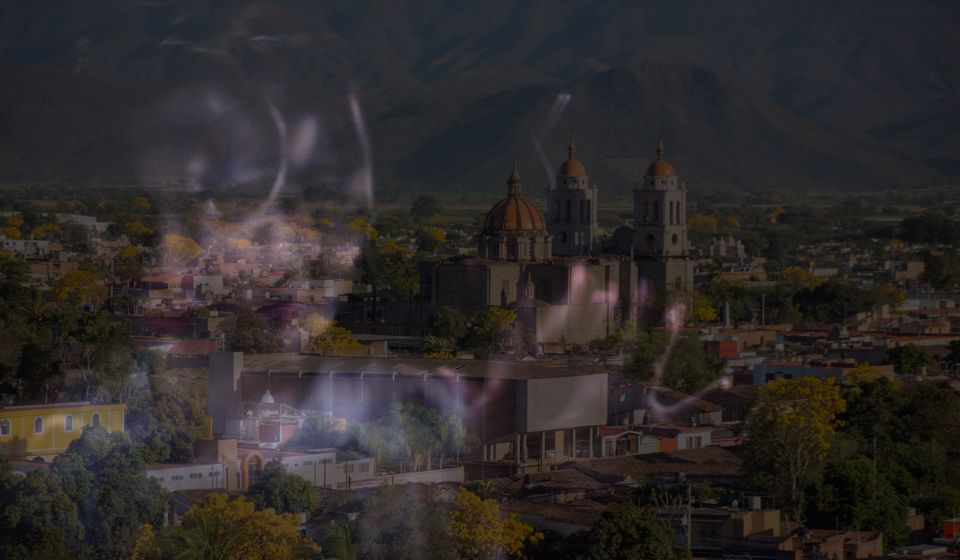Haiti's financial inclusion journey
Financial inclusion in Haiti has historically been limited, with a significant portion of the population lacking access to basic financial services. The devastating earthquake that struck Haiti in January 2010 further exacerbated this issue, causing a profound negative impact on the country's financial landscape.
Destruction of infrastructure was widespread, including banks, ATMs, and financial institutions. More than a third of bank branches disappeared overnight.
This disruption created substantial barriers for people to access their bank accounts and carry out financial transactions. Many individuals also lost critical identification documents and financial records, making it challenging to prove their identities and regain access to financial services.
Faced with the formal banking sector's collapse, many turned to informal financial mechanisms like rotating savings and credit associations (ROSCAs) or sought loans from informal lenders, often bearing higher risks and costs.

Microfinance in Haiti
According to recent data, 58.5% of Haiti’s population is living below poverty level. The annual per capita income amounts to only USD 1,819. Financial exclusion impacts 67% of Haitians. Even before the earthquake, only 16% of the population had access to bank accounts.
Furthermore, small and medium-sized enterprises (SMEs), which account for 80% of employment in Haiti, struggled to secure resources for capital improvements due to lenders' reluctance to finance businesses with limited credit histories and collateral.
While some microfinance institutions in Haiti were also affected by the earthquake, they played a pivotal role in providing financial support to vulnerable populations during the recovery period. Various organizations and institutions stepped in to address these financial inclusion challenges.
Microfinance institutions such as Fonkoze and SOGESOL aimed to provide microloans and financial services to low-income individuals and small entrepreneurs. Non-governmental organizations like CARE and Oxfam collaborated with local partners to implement financial inclusion programs, including savings groups and financial education.
The World Bank Group, through the International Development Association and International Finance Corporation, administered trust fund grants to support the project, including grants from the Spanish Fund for Latin America (approximately USD150,000), the Netherlands-IFC Partnership Program (USD 18,000), and USAID (approximately USD 240,000).
Even before the earthquake in 2010, only 16% of Haiti's population had access to bank accounts.
MonCash: FinTech in Haiti
The indisputable winner of FinTech innovation efforts in Haiti is MonCash, previously known as Tcho Tcho Mobile. The company emerged in 2011, as a partnership between financial services companies YellowPepper, Digicel, and Scotiabank, supported by a fund from USAID and the Bill and Melinda Gates Foundation.
This innovative solution required nothing more than an SMS-capable cell phone, making it accessible to the majority of Haitian households. Users could sign up easily, accessing a digital wallet managed by local Tcho Tcho agents located across the country. These mobile wallets effectively functioned as digital bank accounts, allowing Haitians to make deposits, transfer funds, pay bills, and receive government aid or NGO grants through simple text messages.
In 2015, Digicel rebranded its service as "Mon Cash," expanding its reach and vendor network, aiming to address the issue of financial exclusion in Haiti.
MonCash’s success lies on its readiness to deploy agents to educate people in Port-au-Prince and other cities about electronic currency, distributing educational materials written in the local Creole language. While French is an official language, an overwhelming number of Haitians are monolingual Haitian Creole speakers.
Fast forward to 2023, MonCash evolved further by adopting a new, user-friendly platform designed to cater to global mobile wallet services while ensuring security and expanding its reach.
Local innovators
However, the domination of MonCash, which was backed by big international players, affected initiatives from local actors.
Such is the story of Pascale Elie, a Haitian professional with a background in Actuarial Mathematics and Economics, who embarked on a mission to create a fintech company called HaitiPay in the aftermath of the earthquake.
Her innovative product, Lajan Cash, allowed anyone with a cell phone to send and receive money, make purchases, and receive funds from abroad via a simple shortcode, even without an internet connection. HaitiPay focused on ensuring the traceability of payments and their availability to all financial institutions in the country.
However, HaitiPay faced competition from telecom giants and legal obstacles. According to Haitian law, electronic money services had to be backed by a banking partner, forcing HaitiPay to navigate complex negotiations with competitors. After two years of perseverance, HaitiPay finally received the partner's approval.
In 2014, Elie received a USD 500,000 grant from USAID to expand her fintech activities. The growing fintech sector in Haiti has seen the emergence of new giants valued at $10 billion, revolutionizing services from microcredit to digital banking.
One of HaitiPay's unique strategies is tapping into the diaspora of 1.2 million Haitians living in Florida and New York. This often overlooked market segment generates nearly USD 3 billion in remittances, accounting for nearly a third of the country's GDP.
In this endeavor, HaitiPay is up against foreign giants like Western Union, which has traditionally dominated the Caribbean money transfer market.
While challenges persist, these initiatives offer hope and tangible progress towards ensuring that all Haitians have access to the financial services they need to improve their lives and their nation's economic prospects.
Evidencity conducts in-house research on TruthSeeker, researching companies and individuals of global economic interest.



